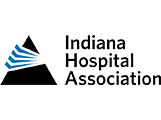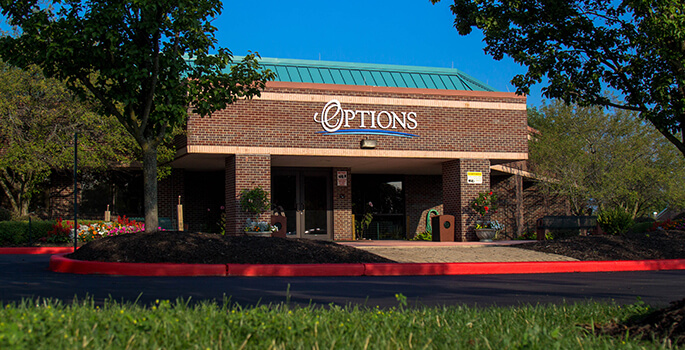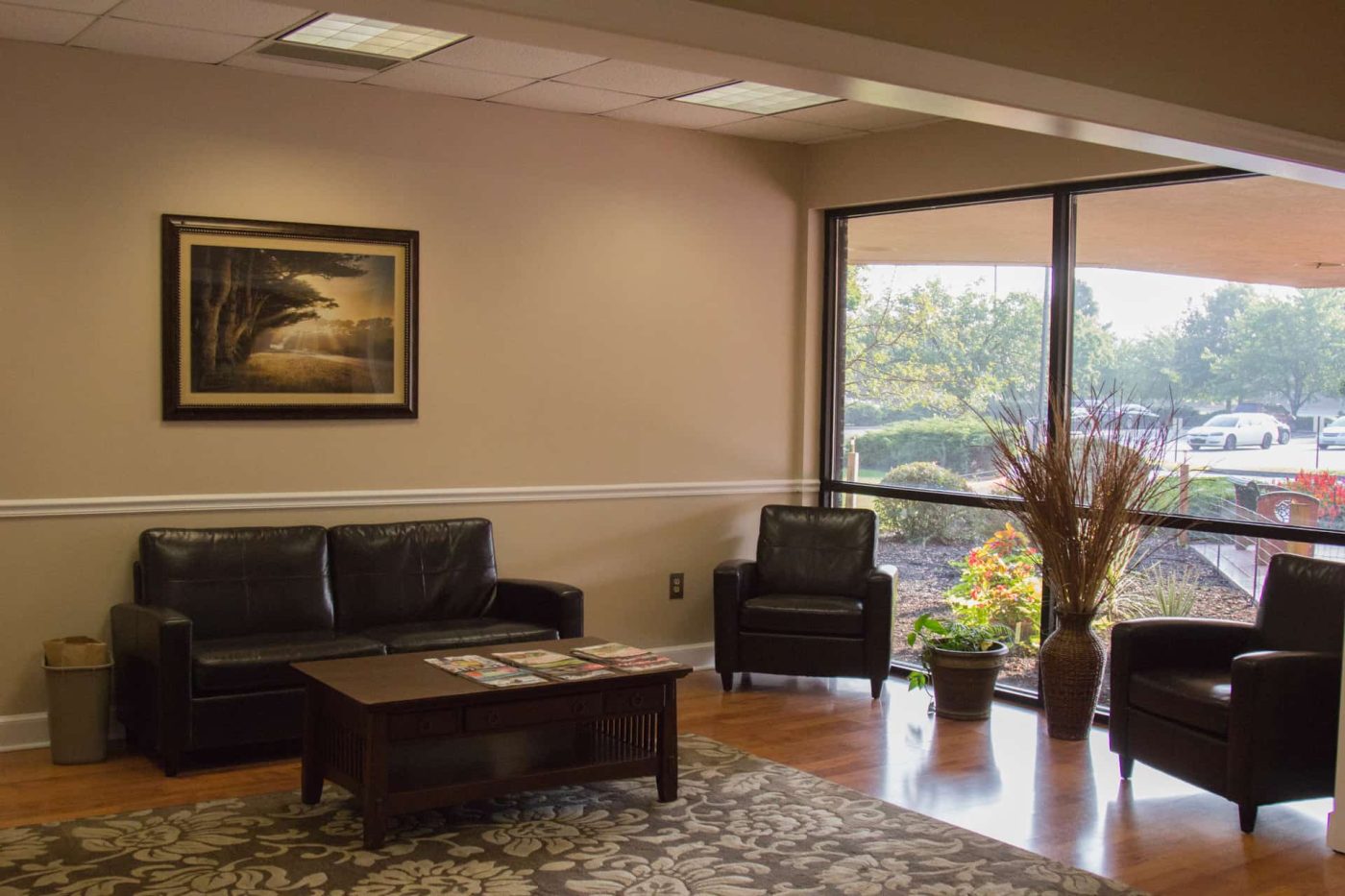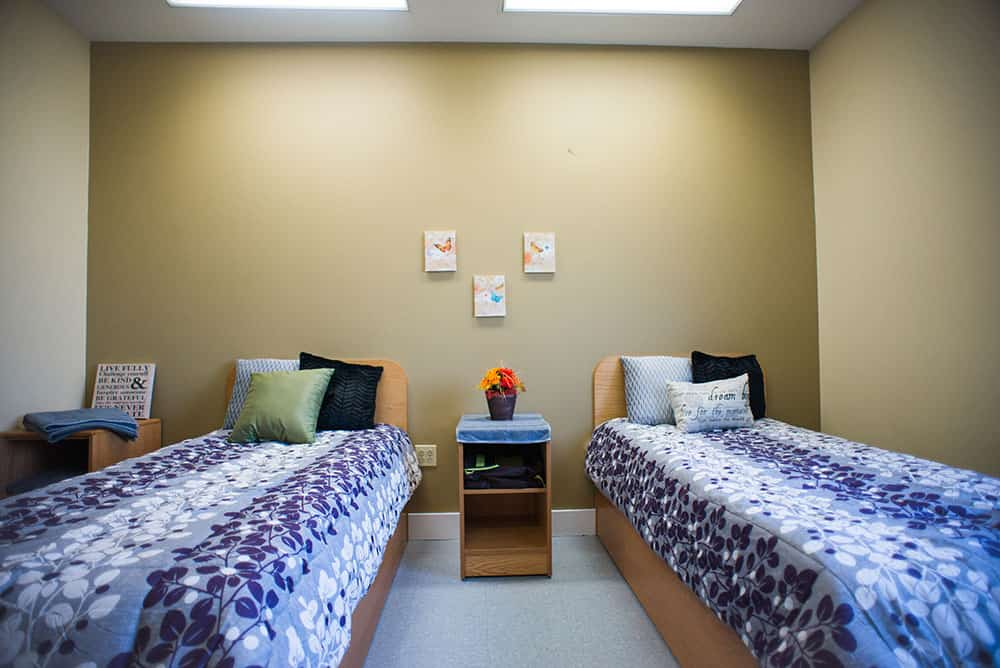Indiana appears to be in the midst of a mental health treatment crisis.
Indiana Mental Health Statistics
In October 2016, the nonprofit mental health advocacy organization Mental Health America (MHA) released its third annual State of Mental Health in America report. For residents of Indianapolis and other communities throughout Indiana, MHA’s assessment was far from good.
One part of the MHA report is a state-by-state ranking that is based on an analysis of 15 factors related to the prevalence of mental health problems and the degree to which residents have access to care. In the 2016 report, which is based upon data that was collected during 2014, Indiana is ranked 45th out of 51 (the rankings include all 50 states and the District of Columbia).
Perhaps even more concerning for those who live and work in Indiana is that the state’s ranking plummeted 26 places in the three years since MHA released its first report. In that initial report, which was based on data from 2011, Indiana was ranked 19th. Only Wisconsin, which fell from 8th to 35th, dropped farther over the past three reports.
In the four subcategories that were highlighted in the MHA report, Indiana’s highest ranking was 34th and its lowest was 47th:
- Access to mental health care (all ages): 37th
- Prevalence of mental illness (all ages): 43rd
- Adults (prevalence of mental illness and access to care): 47th
- Adolescents (prevalence of mental illness and access to care): 34th
Decreasing Stigma, Increasing Access
In an Oct. 27, 2016, article on the website of Indianapolis news station WISHTV, Natalie Dattilo, Ph.D., who is an assistant professor of clinical psychology at Indiana University, cited a lack of awareness and understanding, as well as a dearth of treatment opportunities among rural communities as contributing factors to Indiana’s poor rank in the MHA report.
“I also think stigma is still a very big issue in terms of restricting access to treatment. Lack of information about what good treatments are,” Dr. Dattilo told WISHTV. “Good treatments exist. I think we need to do a better job of letting people know what’s available.”
SAMHSA Identifies Areas of Concern
The MHA is not the only organization to note negative mental health trends in Indiana. For example, the U.S. Substance Abuse and Mental Health Services Administration (SAMHSA) featured the following statistics in a report titled, Behavioral Health Barometer: Indiana, 2015:
- 12.2 percent of adolescents in Indiana experienced a major depressive episode in 2012 and 2013, which was higher than the national average of 11.0 percent.
- More than 60 percent of adolescents in Indiana who had a major depressive episode did not receive treatment for depression.
- 4.8 percent of adults in Indiana experienced a serious mental illness in 2013 and 2014, which was higher than the national average of 4.2 percent.
- 4.1 percent of adults in Indiana had serious thoughts about suicide in 2013 and 2014, which was higher than the national average of 3.9 percent.
- More than 56 percent of adults in Indiana who had any type of mental illness did not receive any form of mental health treatment or counseling.
Improving Mental Health Care in Indianapolis
As the capital of Indiana and the largest city in the state, Indianapolis has an important role to play in the effort to address the mental health concerns that are cited in the MHA and SAMHSA reports. The good news is that the negative statistics cited in these and other reports appear to have caught the attention of individuals and organizations that can make a difference.
For example, when Indianapolis Mayor Joe Hogsett recently announced his proposals for widespread changes to the Marion County criminal justice system, he called for significant improvements in the ways that the system deals with offenders who are suffering from mental illnesses.
In addition to calling for improved training so that law enforcement personnel will be better able to identify individuals who may have a mental health disorder, Mayor Hogsett also wants a new Marion County Assessment and Intervention Center, where individuals in need could receive a host of services, including mental health assessments, detoxification, and short-term behavioral healthcare.
If you or someone that you care about needs professional help for a substance use disorder and/or a mental health disorder in the Indianapolis area, do not let reports of problems within the state dissuade you from seeking treatment.
Options Behavioral Health System offers a wide range of services, including detoxification, acute inpatient care, and intensive outpatient programming that have been customized to meet the unique needs of adolescents, adults, and senior adults.











